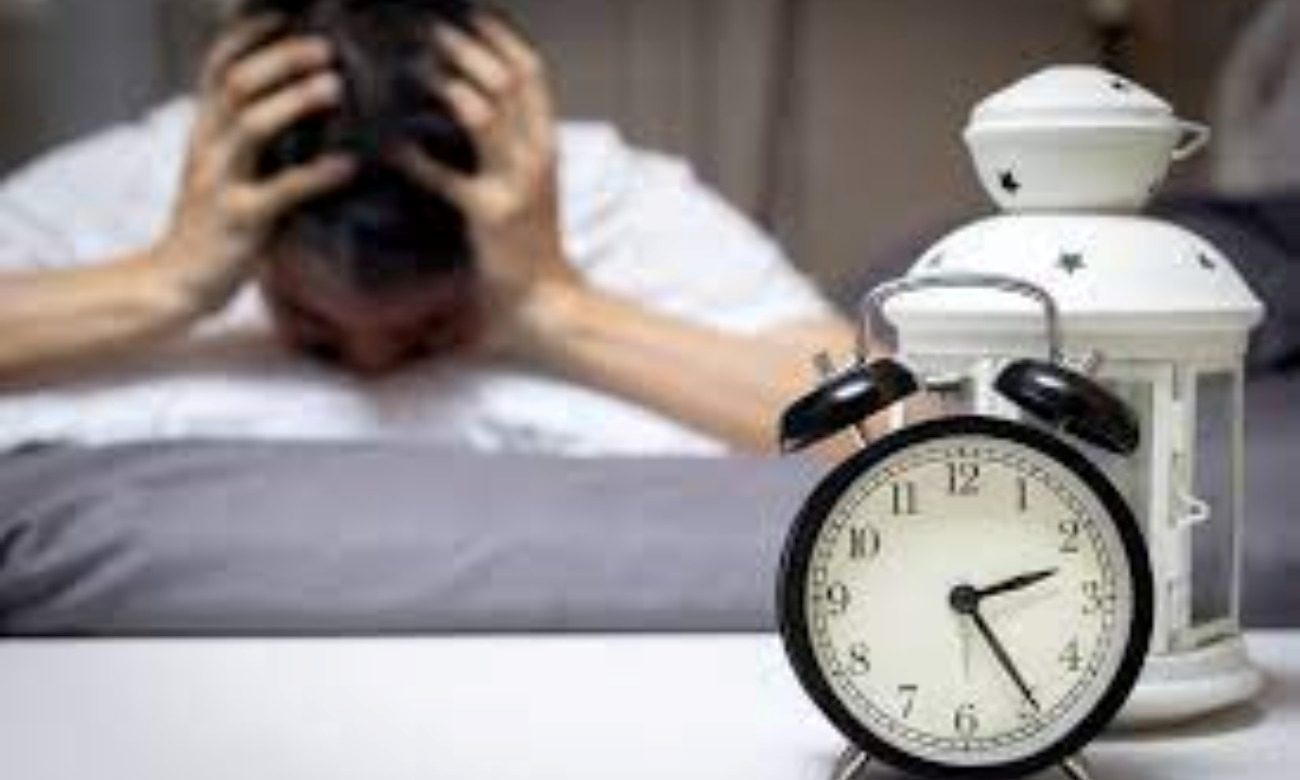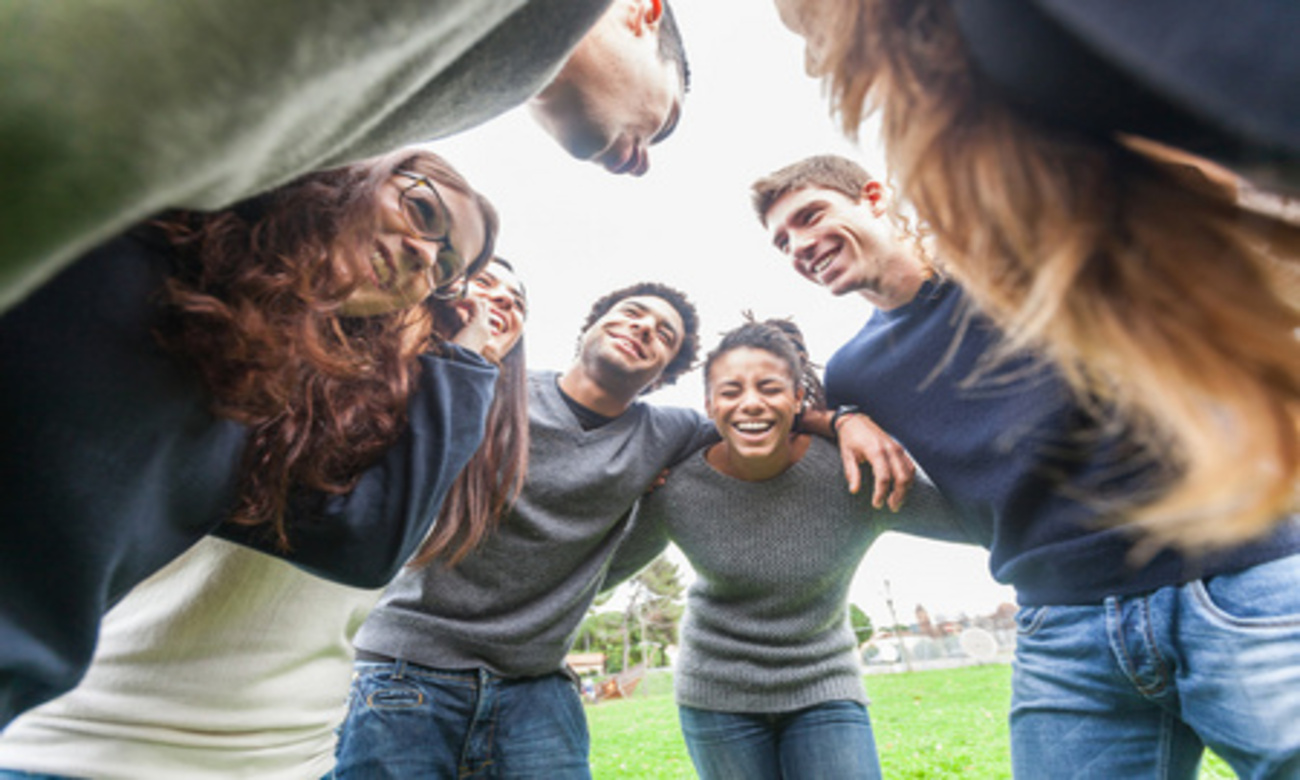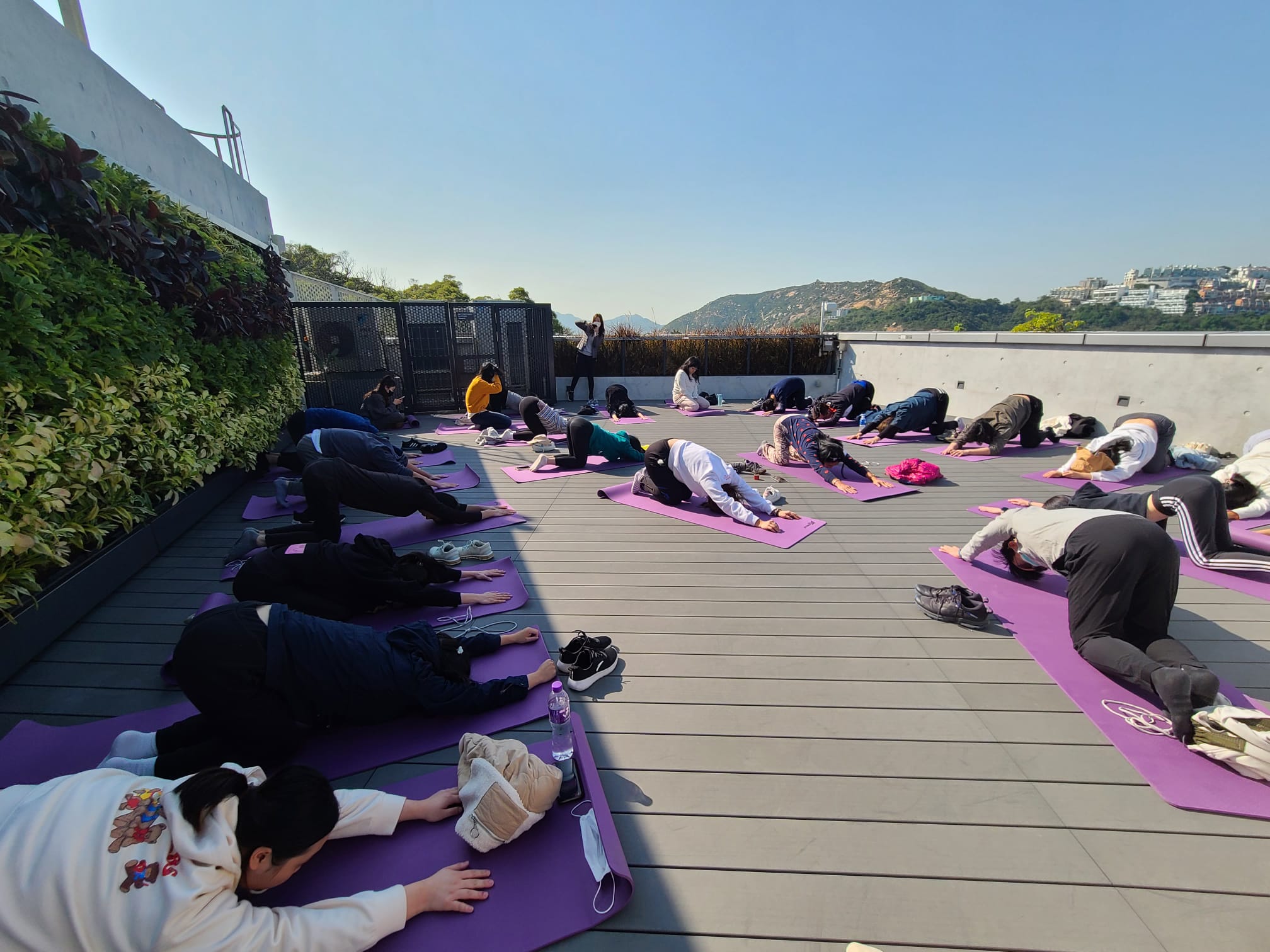Sleep Smart and Flourish
Spring 2023
Accumulating evidence converges to underline the contribution of sleep and sleep disorders to the cognitive and emotional wellbeing of individuals with and without mental illnesses. A good night of sleep and many bodily functions are under the influence of circadian rhythm. However, due to modernization of society, circadian disruptions are common.
In this workshop, Dr. Joey Chan, Associate Professor from Department of Psychiatry, CUHK introduced us the four stages of rapid eye movement (REM) and non-rapid eye movement (NREM) sleep. As each stage plays an important role in repairing and rebuilding the brain and body, hence, a well-synchronized internal rhythm (biological clock) with the environments is essential.
By learning the two common sleep and circadian rhythm problems (sleep deprivation & Delayed sleep phase), it is important to monitor any changes to our sleep and wake patterns and aim for the recommended sleep times to shape our biological rhythm. Few tips to adjust students’ biological clock were also shared at the end of the workshop to help us sleep smart and flourish.
In this workshop, Dr. Joey Chan, Associate Professor from Department of Psychiatry, CUHK introduced us the four stages of rapid eye movement (REM) and non-rapid eye movement (NREM) sleep. As each stage plays an important role in repairing and rebuilding the brain and body, hence, a well-synchronized internal rhythm (biological clock) with the environments is essential.
By learning the two common sleep and circadian rhythm problems (sleep deprivation & Delayed sleep phase), it is important to monitor any changes to our sleep and wake patterns and aim for the recommended sleep times to shape our biological rhythm. Few tips to adjust students’ biological clock were also shared at the end of the workshop to help us sleep smart and flourish.









